Are you sitting on a pile of shoes you no longer wear? Wondering how you can make a positive impact while decluttering your closet? Donating shoes is a fantastic way to give back to the community while helping those in need! In this guide, we’ll explore various options for shoe donations, from local charities to national organizations, and everything in between. Whether you’re looking to support veterans, children, or individuals facing homelessness, we’ve got you covered. Let’s dive into the world of shoe donations!
Why Donate Shoes?
Shoes are essential items that often go overlooked when it comes to charitable donations. Many people may have a closet full of footwear, but shoes can have a significant impact on someone’s life. Here are some reasons why donating shoes is crucial:
- Helps Those in Need: Many individuals in shelters or low-income communities lack proper footwear, which can hinder their mobility and safety.
- Environmental Impact: By donating shoes, you’re helping to reduce waste in landfills, promoting sustainability.
- Tax Deductions: Charitable donations can be tax-deductible. Make sure to keep your receipt!
- Spreading Awareness: Donating can raise awareness about social issues within your community.
Where to Donate Shoes
Now that you understand the importance of donating shoes, let’s explore some of the best places where you can donate them. Each option has its own unique purposes and beneficiaries, offering you a chance to align your donation with a cause you care about.
1. Local Nonprofits and Charities
Your local community centers, shelters, and organizations often welcome shoe donations. Here are a few examples:
- Goodwill: With locations across the U.S., Goodwill accepts shoes and other clothing items, selling them to fund job training and community programs.
- The Salvation Army: This organization is known for providing various social services and often has a high demand for shoes for their thrift stores.
- Local Homeless Shelters: Many homeless shelters will accept shoes. Call ahead to confirm their needs.
2. National Organizations
These organizations operate at a national level, making a significant impact with your shoe donations.
- Soles4Souls: This nonprofit organization collects shoes and distributes them worldwide to help impoverished people create sustainable businesses.
- One World Play Project: They not only donate shoes but also provide play equipment for children in underserved communities.
- Nike’s Reuse-A-Shoe Program: Nike accepts used athletic shoes (any brand) to recycle and repurpose into new products.
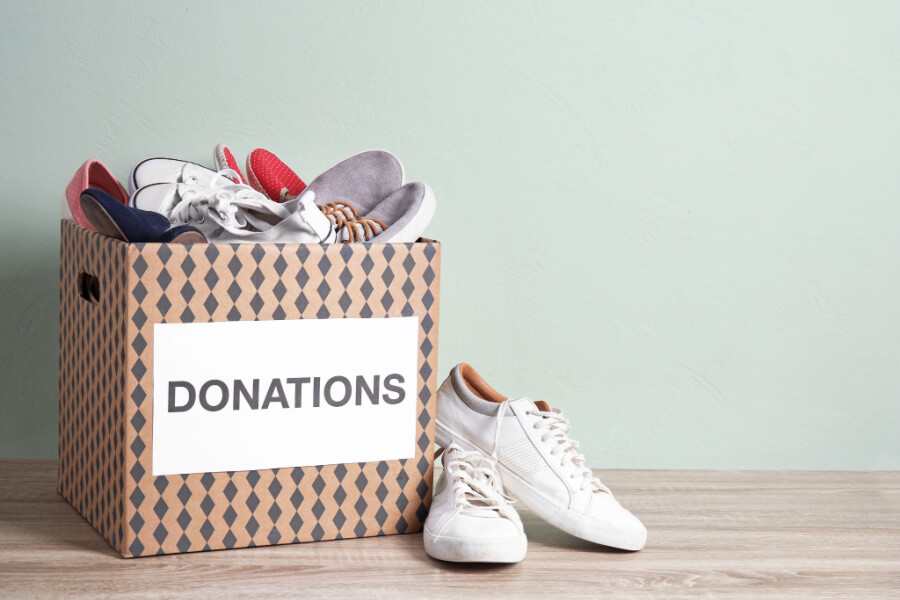
3. Schools and Sports Programs
Many schools and youth sports leagues welcome shoe donations to assist students and athletes. Consider donating to:
- Local Schools: Schools may need shoes for children who might not have access to proper footwear.
- Youth Sports Leagues: These organizations often look for cleats or sneakers for kids involved in sports but who may not be able to afford them.
4. Online Platforms
With the rise of online selling and donation platforms, you can also explore digital avenues for your shoe donations:
- ThredUp: This online consignment and resale store allows you to send in shoes for resale. They accept brand-name footwear and offer a payout or store credit.
- eBay for Charity: If you want to sell your shoes and donate a portion to a charity you care about, eBay for Charity allows you to do just that.
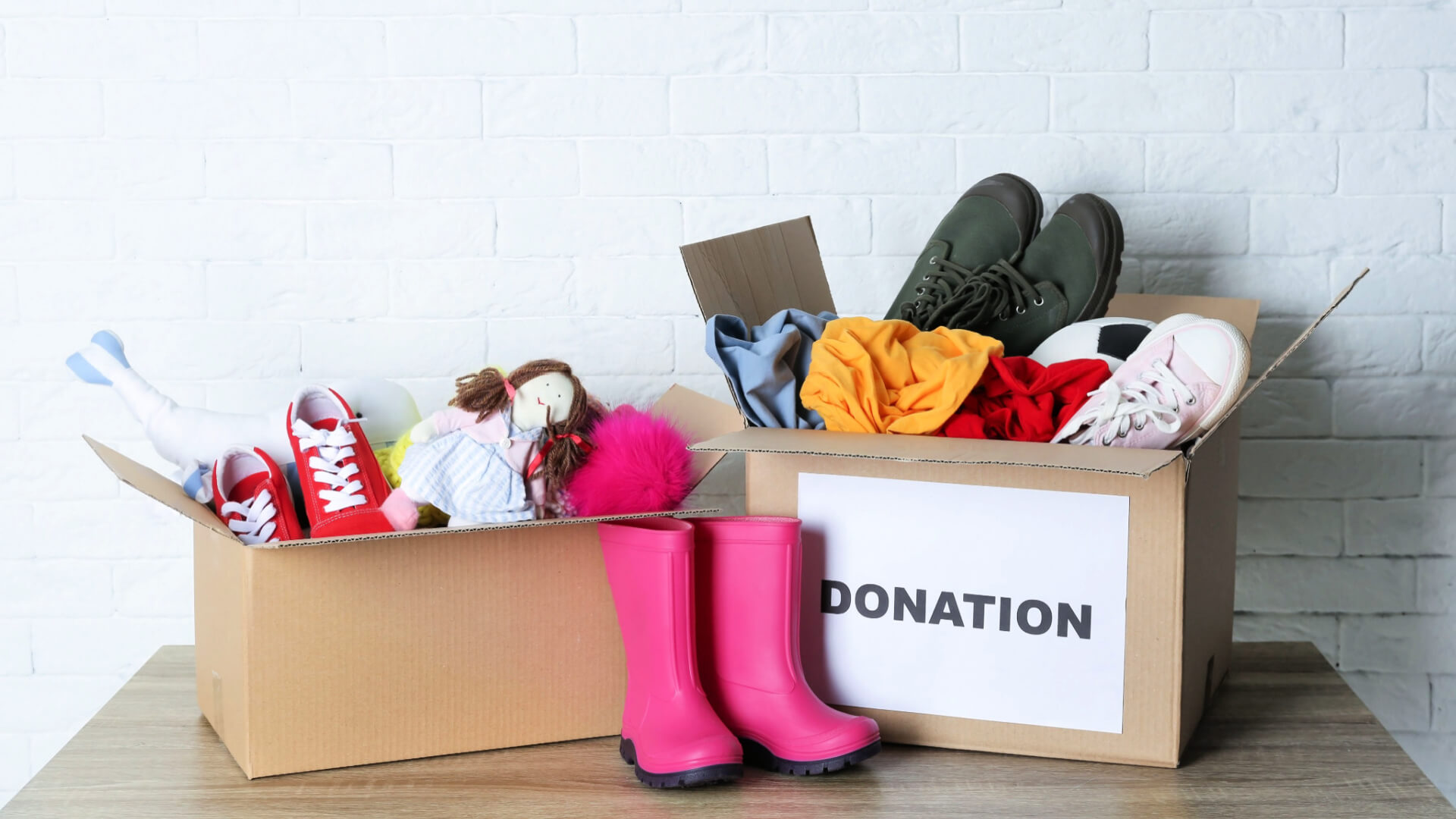
Tips for Donating Shoes
Before you gather your footwear and head out to donate, here are some tips to ensure you make the most of your shoe donation:
1. Clean Your Shoes
Before donating, kindly clean the shoes. Removing dirt, dust, and any unpleasant odors ensures that your shoes are in acceptable condition for those who will receive them. A simple wipe down with a damp cloth can make a significant difference.
2. Check for Wear and Tear
Carefully inspect your shoes for any significant damage such as holes or unrepairable areas. Organizations typically prefer to distribute shoes that are wearable and safe.
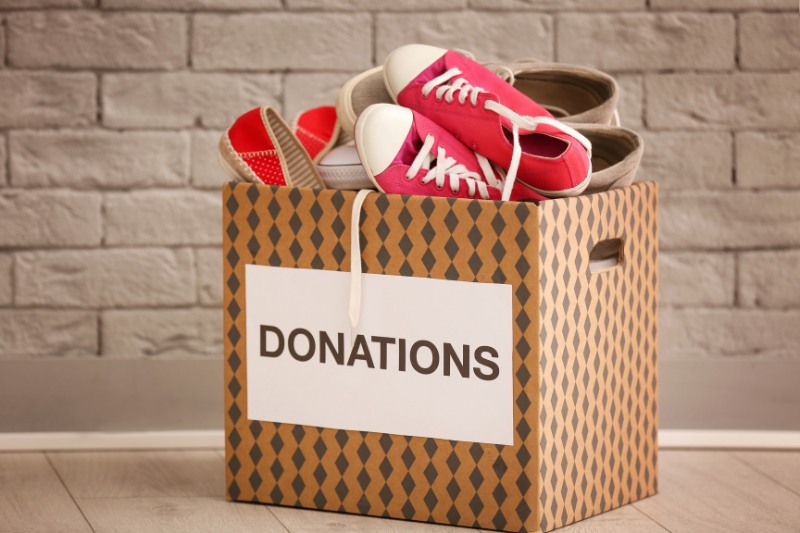
3. Include Original Packaging or Accessories if Possible
If you have the original box or extra laces for the shoes, including them can enhance the donation value. It not only shows you care but also can make the shoes more appealing to those receiving them.
4. Ask About Specific Needs
Before dropping off your donation, it’s wise to call the organization to inquire about their specific needs. Some organizations may be more in need of particular sizes or types of shoes.

5. Keep a Donation Log
Maintaining a record of your donations can be helpful come tax season. Write down the organization name, date of donation, and a rough estimate of the value of your shoes.
Case Studies: Successful Shoe Donation Programs
Soles4Souls: A Global Impact
Soles4Souls has successfully distributed millions of pairs of shoes to needy individuals worldwide, focusing on sustainable business practices. Their programs not only provide footwear but also empower individuals through entrepreneurship. A recent report highlighted how a single donation of shoes can help a person start a business selling shoes in their community, creating jobs and economic impact.
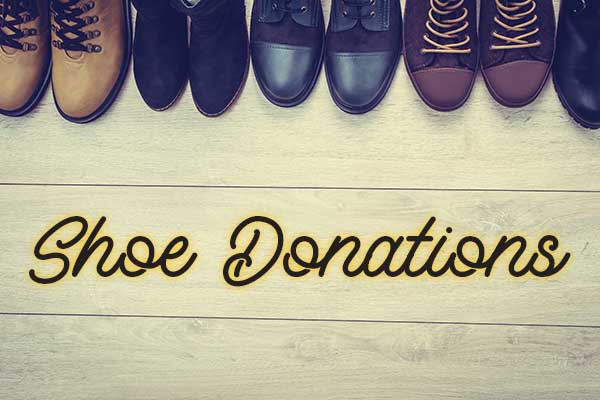
Goodwill: Building Futures
Goodwill’s donation program has impacted over 200 communities in the United States. With over 3,000 locations, they turn donations into funding for job training and employment programs. The shoes collected are often repaired and sold at discounted prices, allowing people to access affordable footwear while supporting local job initiatives.
Comparison Table: Shoe Donation Options
| Organization | Type of Shoes Accepted | Impact | Location | Special Note |
|---|---|---|---|---|
| Soles4Souls | All types | Global redistribution | Worldwide | Focus on entrepreneurship |
| Goodwill | All types | Job training | U.S. & Canada | Widespread locations |
| The Salvation Army | All types | Social Services | Global | Supports various social programs |
| Nike | Athletic shoes only | Recycling | U.S. & Global | Focus on sustainability |
| Local Shelters | All types | Immediate local needs | Local communities | Call for specific needs |
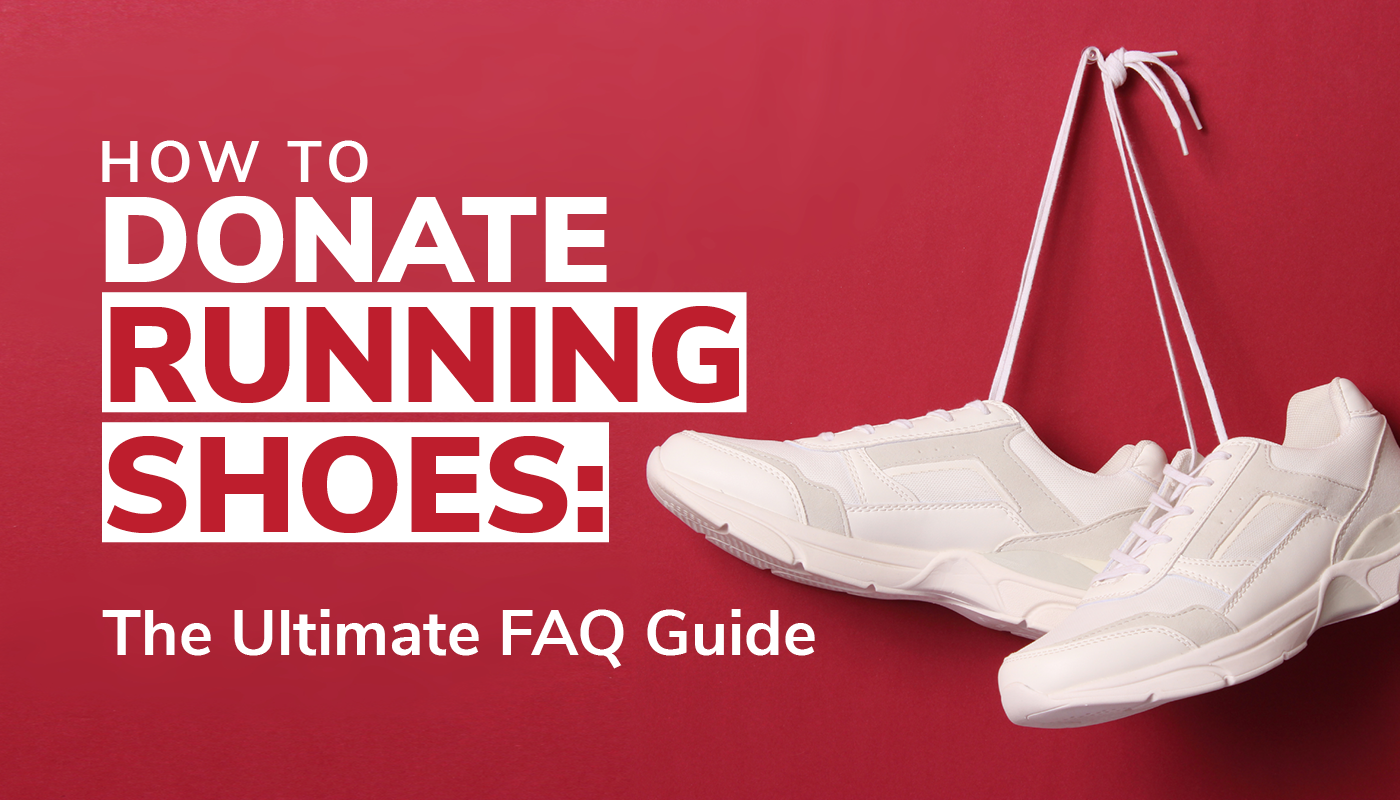
Frequently Asked Questions (FAQs)
1. What condition should my shoes be in for donation?
Most organizations prefer gently used shoes without significant damages. Clean and functional shoes are always welcome, so it’s best to check them for wear and tear before donating.
2. Can I donate shoes that are out of style?
While style preferences may vary, many individuals appreciate functional footwear. If the shoes are in good condition, they can still be valuable to someone in need regardless of fashion trends.

3. Are there specific sizes that are more needed than others?
Yes, many shelters and organizations often report a higher demand for larger sizes (men’s size 10 and above) and children’s shoes. However, it’s best to check with individual organizations for their specific needs.
4. What happens to shoes that are not wearable?
Organizations like Goodwill often have disposal methods for shoes that aren’t in acceptable condition. They may recycle materials or sell items to companies that specialize in repurposing.
5. Can I donate shoes that I bought but never wore?
Absolutely! New shoes with tags or in the original box are always welcome. You can also consider donating to organizations that work directly with people requiring professional attire.
6. Is it better to donate shoes or sell them?
It depends on your personal situation. If you want to support a cause and help those in need, donating is a fantastic option. Selling can help you recoup some costs, but it might not benefit those who need shoes as immediately.
7. How can I encourage friends and family to donate shoes?
You can create a shoe donation drive or challenge them to clean out their closets together. Sharing your reasons for donating can inspire others too!
8. Can businesses donate shoes as well?
Yes! Many businesses donate unsold inventory or encourage employees to donate shoes. This can often be a tax-deductible contribution for the business.
9. Are there any restrictions on what types of shoes I can donate?
Generally, most organizations accept all types of footwear, but some may have restrictions regarding brands or types of shoes (like flip-flops or high heels). It’s always best to verify ahead of time.
10. What is the best time to donate shoes?
You can donate shoes year-round, but around spring and fall, many organizations run donation drives. During back-to-school season, children’s shoes are often in high demand.
11. How do I find a donation center near me?
You can use Google Maps to search for donation centers nearby, or visit the websites of major organizations like Goodwill or The Salvation Army to find local drop-off locations.
Final Thoughts: The Impact of Your Shoe Donation
Donating shoes is an incredibly rewarding experience that not only frees up closet space but also provides much-needed assistance to individuals and families in need. It’s a simple act that can create profound change in someone’s life. As a shoe enthusiast or just an individual looking to declutter, you have the power to impact your community in a positive way.
Whether you choose a local charity or a national organization, your contribution can make a real difference. So, gather those shoes that have served you well and give them a new life. Happy donating!